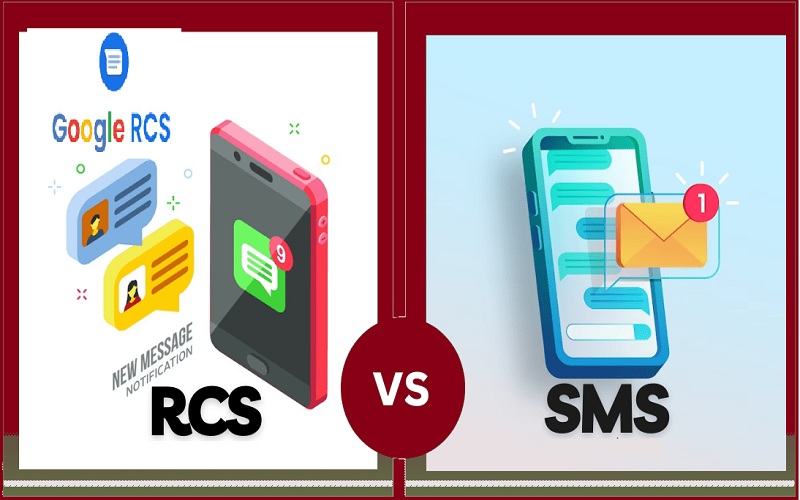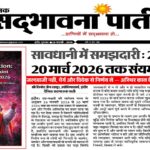Indore. In a dynamic era of digital communication, Wire and Wireless Communications explores the emerging clash between Google’s RCS (Rich Communication Services) and the traditional stalwart SMS. This comparison illuminates not only the evolution of messaging but also the potential implications for users and businesses alike in navigating this technological transition.
RCS: Pioneering the Next Generation of Messaging
RCS represents a significant leap forward from SMS, offering users a richer, more interactive communication experience. Unlike SMS, which is limited to plain text and basic multimedia capabilities, RCS supports features such as high-resolution images, group chats, read receipts, and typing indicators. This enhancement bridges the gap between traditional texting and modern messaging apps, promising a more engaging and seamless user experience.
Advantages of RCS
The transition from SMS to RCS is marked by several advantages. RCS operates over data networks, enabling faster delivery of messages and multimedia content. It supports larger file sizes and allows users to know when their messages have been delivered and read, akin to popular messaging platforms like WhatsApp and iMessage. These features enhance communication efficiency and user engagement, making RCS a compelling alternative to SMS for both personal and business use.
Traditional SMS: Resilience and Universality
Despite the advancements of RCS, SMS remains ubiquitous and reliable. Its simplicity and compatibility across all mobile devices ensure universal accessibility, even in regions with limited internet connectivity. SMS requires no additional apps or data plans, making it a dependable choice for immediate and widespread communication, particularly in emergencies or critical situations.
Challenges in Adoption
The adoption of RCS faces challenges such as varying carrier support and the need for device compatibility. While Google promotes RCS as the future standard for Android devices and partnerships with major carriers progress, the transition from SMS to RCS has been gradual.This fragmentation highlights the complexities of evolving messaging standards in a diverse global market but also underscores the potential for RCS to unify and enhance communication capabilities worldwide.
Looking Ahead
Wire and Wireless Communications anticipates a transformative shift in messaging as RCS gains traction. With Google integrating RCS into its ecosystem and potential collaborations with Apple on the horizon, the convergence towards a unified messaging experience appears promising. Businesses stand to benefit from RCS’s advanced features, which facilitate richer customer interactions and streamlined communication processes.
Conclusion
As Wire and Wireless Communications analyzes the evolving landscape of messaging services, the rise of Google RCS signifies a pivotal moment in communication technology. While SMS remains a steadfast option for its simplicity and reliability, RCS heralds a new era of interactive and feature-rich messaging. The future of messaging is evolving, and RCS is poised to lead the way, redefining how individuals and businesses connect and communicate in the digital age.
In summary, as RCS continues to reshape the messaging landscape, its potential to enhance user engagement and streamline communication processes positions it as a frontrunner in the future of digital connectivity.




















